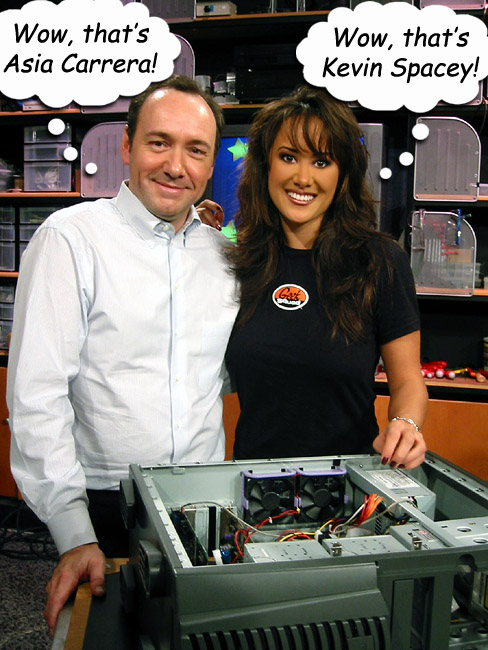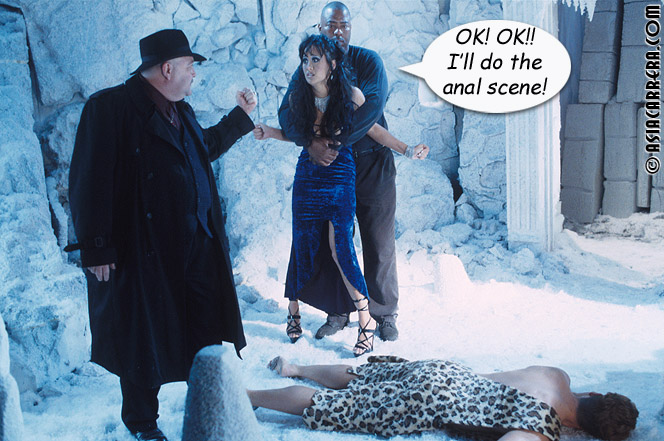FUCK THE POLICE
911 EVERY DAY
That is because you are ignorant of Tesla.
This is because you're a douchebag.
That is because you are ignorant of Tesla.
Agreed. Tesla was one of the giants we speak of.
Uhh...I wasn't pulling names out of a hat per se but you illustrate my point about us Americans lack of literacy in science. John Bardeen is certainly one of the greatest scientist this nation has ever produced but most Americans have never heard of him even though his work impacts all our daily lives. I should point out here that Bardeen won two Nobel Prizes, both in physics and Linus Pauling won the nobel prize in both chemistry and peace, so that places them in comparable company to Ms. Curie. I'm a huge fan of Pauling's work. It was so broad in scope and he had a level of productivity at the highest levels that few of even the greatest geniuses can match. He was publishing his works into his 90's.
BTW, I was listing influential "American" scientist. Though Marie Curie is certainly one of the all time greats. I'd put her in my top 10 list.
I think that's an artificial distinction. Engineering is an applied branch of science making engineers applied scientist. Why should we differentiate a scientist on the basis of their work being theoretical vs. applied? Feynman, for example, was not only a great physicist but was a very accomplished engineer, mathematician and computer programer. He helped create several of the early programing languages.Well, thanks for hipping me to this Bardeen dude. I wasn't dissing him, the dude sounds totally accomplished.
Tesla is still an engineer, not a scientist. A great engineer no doubt, but not a scientist.
Not a scientist but an engineer? The whole sentence is an oxymoron. Since when has engineering NOT been a science? Making a distinction between theoretcial and applied scientist is really quite silly. Particularly when you consider that Tesla (as are many great scientist) was both. Would you not consider Jonas Salk a great scientist because he was a Medical Doctor and not a theoretical Chemist or Biologist?Tesla wasn't a scientist. He was an engineer. An inventor. Someone who used the science other people discovered in new and inventive ways.
His popular acclaim, in my opinion, exceeds his actual contribution to science.
In no way, shape, or form can he ever be described as one of the greats of science in the way that Newton and Einstein are.
I think that's an artificial distinction. Engineering is an applied branch of science making engineers applied scientist. Why should we differentiate on a scientist on the basis of their work being theoretical vs. applied? Feynman, for example, was not only a great physicist but was a very accomplished engineer, mathematician and computer programer. He helped create several of the early programing languages.
I was right the first time. Standing on the shoulders of giants is a crummy analogy. The midget analogy makes it more clear that science is a cumulative process. The great men theory of scientific history, in my opinion, has to go, just like it did in normal history.
Hey that's ok. Truth be known I do that too when someone gets on a roll just to keep an interesting conversation going on. Playing devils advocate is a great way to promote intelligent discussion.You're totally right. No worries, I don't care if you want to call him a scientist. I was just playing devil's advocate. I don't stress out over semantics.
Naa, that was Rock Hudson.Giants. Didn't George C. Scott star in a movie about Giants?
Naa, that was Rock Hudson.
Right, because the collective is the source of all. Individuals are nothing.
Stalin would be proud, you murderous fascist.
Isn't that about like asking Grind to sing the Happy Happy Joy Joy song on a monday morning?Can you wake up in the morning without taking something someone says way out of proportion and making into into a fascist analogy?
Can you wake up in the morning without taking something someone says way out of proportion and making into into a fascist analogy?
Sheesh, darned spelling Nazi's. There's a ton of great scientist I could have included Rutherford, Avagadro, Freemon Dyson, Asia Carrerra, etc.

Not a scientist but an engineer? The whole sentence is an oxymoron. Since when has engineering NOT been a science? Making a distinction between theoretcial and applied scientist is really quite silly. Particularly when you consider that Tesla (as are many great scientist) was both. Would you not consider Jonas Salk a great scientist because he was a Medical Doctor and not a theoretical Chemist or Biologist?
As for Tesla being one of the all time greats. There are many who disagree with you.
http://listverse.com/2009/02/24/top-10-most-influential-scientists/
Asia Carrera, isn't she a porn star? Then again maybe she invented the PC.


I forgot about Alan Turing, his achievements are still sadly largely unknown to the general public
Asia Carrera, isn't she a porn star? Then again maybe she invented the PC.

